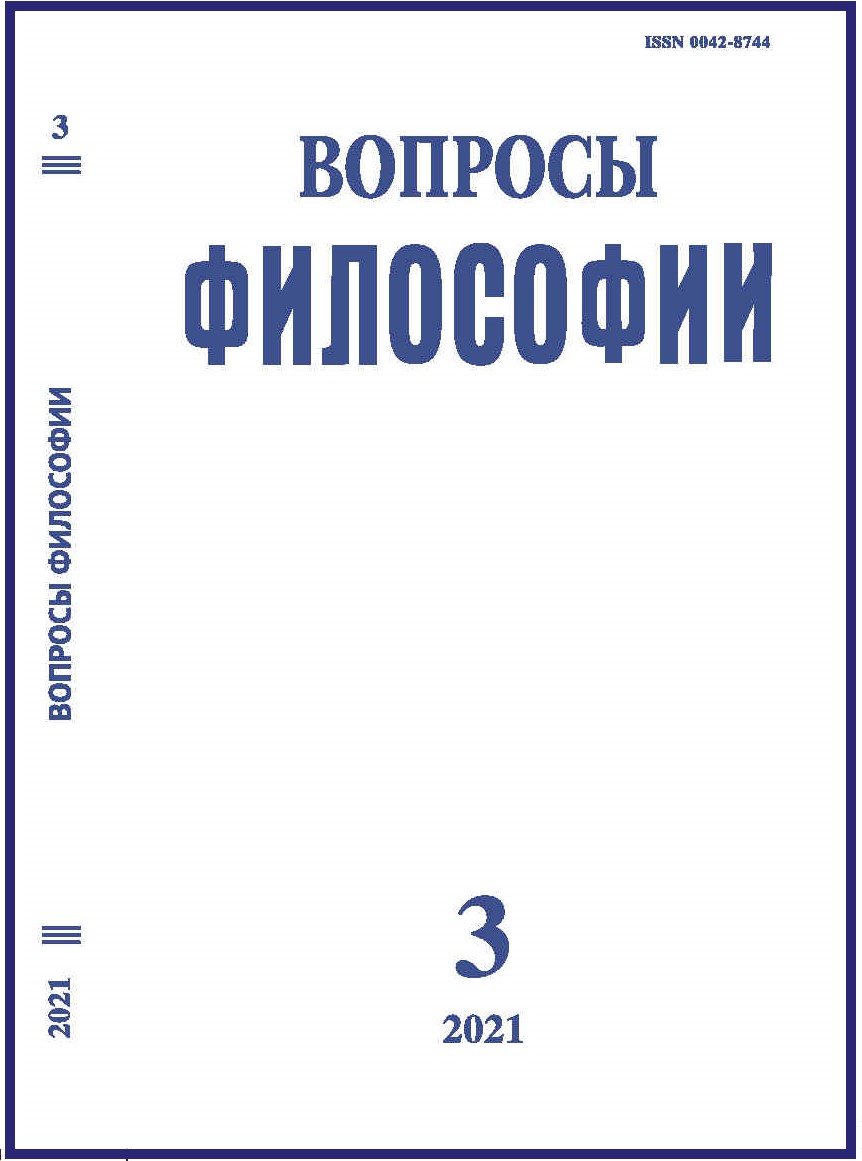Von Humboldt on Language, Contemporary Linguistics, and the Mission of a Linguist
DOI:
https://doi.org/10.21146/0042-8744-2021-3-52-56Keywords:
Humboldt, generative linguistics, universal grammar, natural languages, mission of a scientist.Abstract
This article examines the ideas of W. von Humboldt on language and their similarities and differences with the fundamental ideas about the nature of natural languages within the generative framework founded by N. Chomsky. Chomsky famously argued that von Humboldt expressed and defended some of the key ideas of the generative approach. This paper relates Chomsky’s idea of the innate universal grammar and idea of generative rules as the underlying basis of the language creativity to the similar ideas of W. von Humboldt. The paper also discusses Humboldt’s problematic from the generative perspective view that natural languages can have a primitive or an advance grammar. The paper considers a possible explanation for the fact that this idea seemed consistent to Humboldt with the idea of the innate universal grammar. The contemporary linguistics views all grammars of all languages as equal because a natural language is considered to be a biological feature of our species developed in the process of evolution. This idea was not present in Humboldt’s philosophy, which made it possible for him to think that some natural languages have not fully developed a potential hidden in its speakers. In this regard, the author considers the question of the social mission of the linguist; emphasizes that this is a fight against prejudices based on unscientific understanding of languages and dialects.

